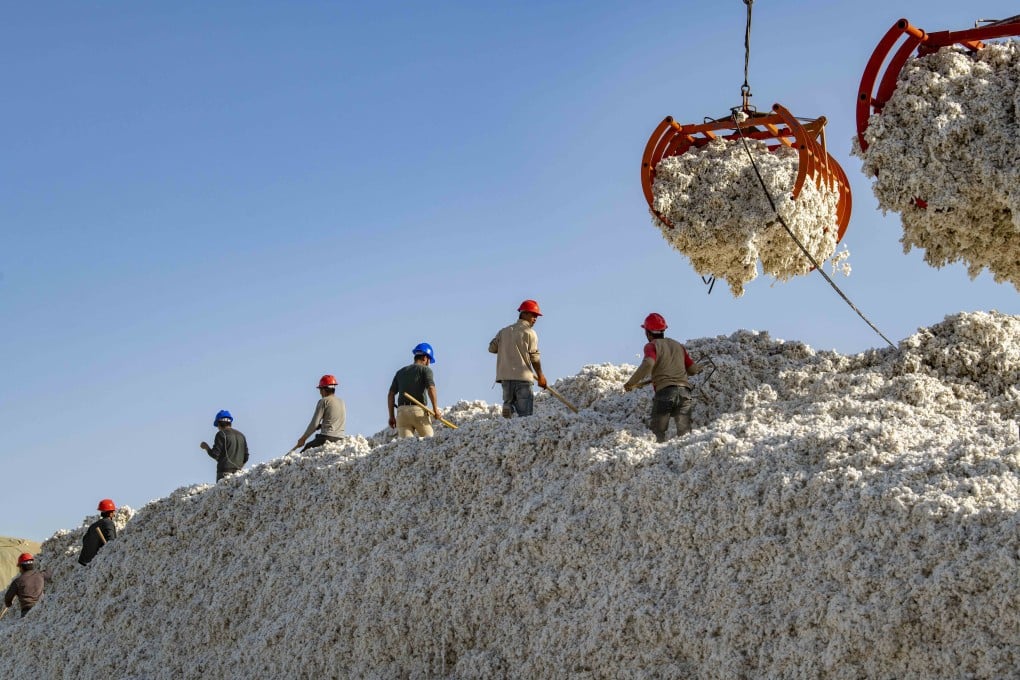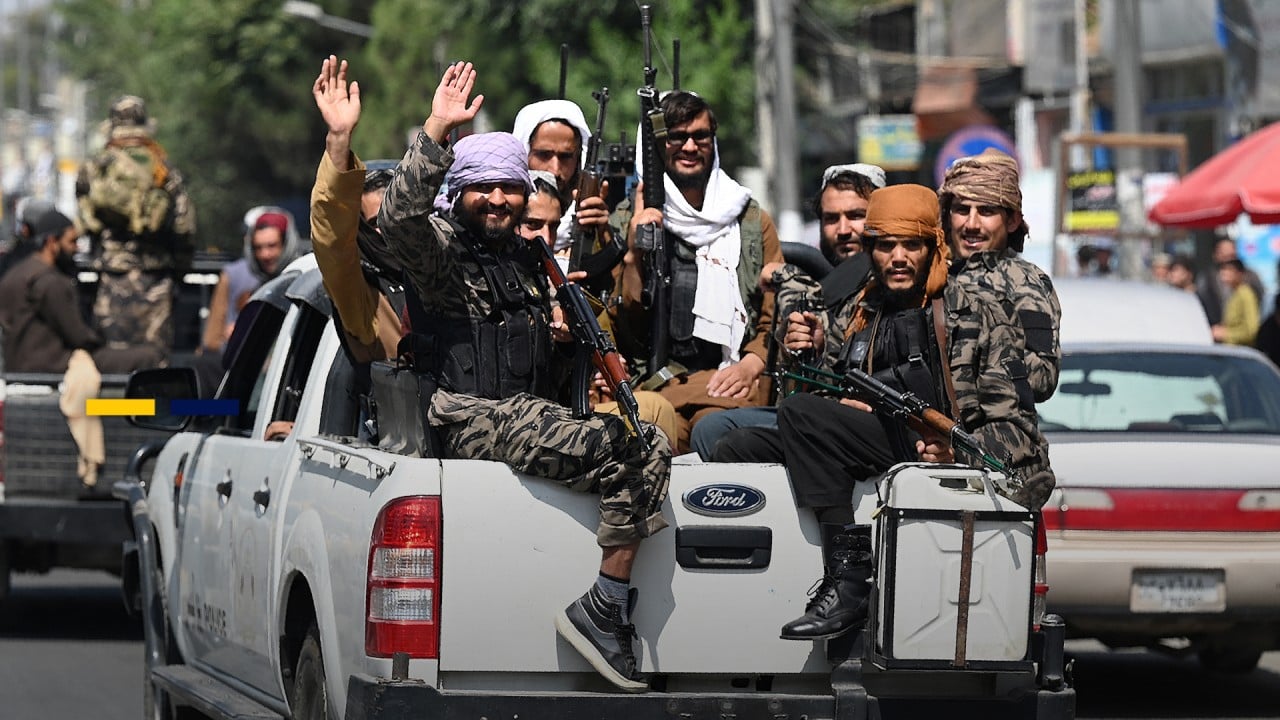Advertisement
China’s Xinjiang faces hidden risk from debt-heavy XPCC, with spending tipped to rise after US withdrawal from Afghanistan
- Debt issued by the Xinjiang Production and Construction Corps (XPCC) and its subsidiaries is surging to fund social and security spending
- But total profits of state firms controlled by XPCC declined sharply last year and the quasi-military group is in the cross hairs of Washington
Reading Time:5 minutes
Why you can trust SCMP
3

T
Advertisement
Spending on public security and poverty reduction in China’s Xinjiang Uygur autonomous region is expected to increase after the US withdrawal from Afghanistan, but indebted state-owned enterprises (SOEs), including the sprawling Xinjiang Production and Construction Corps (XPCC), are already putting pressure on local government finances.
The region’s economic well-being and social stability have become more important than ever after US troops were rapidly pulled out of Afghanistan and the Taliban quickly assumed control of the country, according to analysts.
Xinjiang in China’s northwest shares a narrow 70km (43-mile) border with Afghanistan, a country which Beijing fears could become a flashpoint for instability in Central Asia, as well as threatening other regional players such as Pakistan, Iran, Russia, India and Turkey.
Beijing has expressed concern that turmoil in the region could stoke unrest among Xinjiang’s Muslim and Turkic population, which has strong ties to Central Asia.

01:44
Taliban courts China with eye on development projects in Afghanistan
Taliban courts China with eye on development projects in Afghanistan
“If the Taliban embarks on a more hardline approach to governing Afghanistan – including by reimposing the more brutal aspects of sharia law, or engaging in widespread violence – then this could intensify China’s security crackdown in Xinjiang, by fanning official anxieties over extremism and terrorism,” said Nick Marro, lead for global trade at The Economist Intelligence Unit.

Advertisement